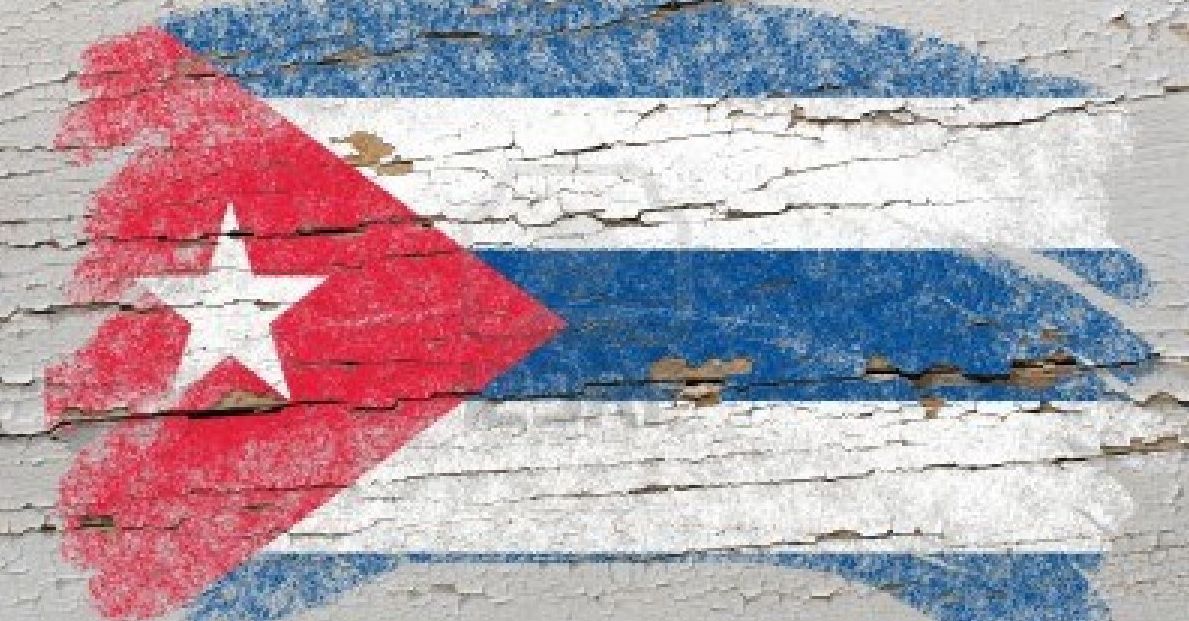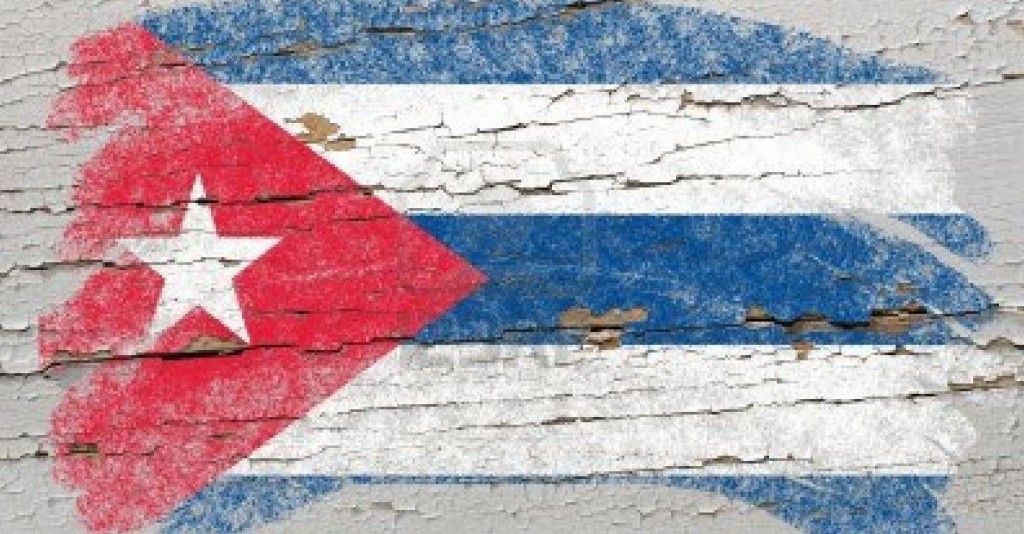
Cuba and her Cubans
Cuban émigrés number about 2 million, dispersed throughout the world. Eleven million 163 thousand 934 of us live on the island, 1,883,593 in the United States, a figure that includes those born in Cuba and first-, second- and third-generation Cuban-Americans.
Think about it, reader.
This is a reality to be assumed by our government, which began to update its policy in January of this year, when it enacted its new migration law. I remember that, a long time before that law was promulgated, I wrote or said during a video interview with Professor Arboleya, an expert on this subject, that, to me, “Cubans are those who wish to be Cubans, regardless of where they live.”
The newly enacted and long-awaited migration law was a great step for those of us who live in Cuba. It restored rights that we had missed, eliminated the exit permit and benefited the so-called “balseros” [rafters], whom Progreso Weekly/Semanal had defended.
The measures were beneficial, yes, but mustn’t stop there. An aperture means an opening of doors or a rocked rising in stages toward the objective of a greater Motherland. I believe that it is urgent to move forward, starting from a definition:
Are we all Cuban?
Our geography may be narrow but the soul of our nation is not. It has room even for people who hold another citizenship. Cubanness is more than just a passport, which, of course, states that the bearer is a “Cuban citizen.” Is he a Cuban citizen in every sense of the word or only for the purposes of traveling?
From mere formality we go to the act of considering him as a citizen with all the responsibilities and rights inherent in the word. It’s not a question of him being a first-class citizen but just a citizen, like everyone else who lives on the island.
Here I pause to mention a very true, applicable and eloquent case that occurred years ago: a successful Cuban émigré who owns a yacht and is married to a non-Cuban woman planned to come to Cuba on their vessel and dock at the Hemingway Marina.
The official reply was: your wife can disembark and tour the city and the entire country. You, a Cuban émigré, cannot; you must remain on the yacht. As far as I know, that rule has not been changed.
Cuban émigrés who request it should have their own identity card and, through it,
• have access to education (many are eager to do this);
• take advantage of the health system, which many are already doing “on the sly” (the topic may be controversial at this time, due to the situation affecting the system, but solutions can be found);
• make investments on their own, not covertly or through third parties, as is happening today;
• buy dwellings or build homes for émigrés or citizens who wish to retire in their land of birth or for those who wish to own a home under the new apertures and laws.
In sum, they could act like Cuban citizens in every field of endeavor, having, according to Cuban law, a place of residence where they are registered (a universal practice for the granting of residence) and exercising political rights in accordance with the current legislation. Living like Cuban nationals in their perpetual home, Cuba.
This brings me to the much-debated subject of dual nationality, which, while not contemplated by the Constitutions of 1940 or 1976, has been imposed by daily life. The time seems ripe to consider a law on nationality. Apertures and the acknowledgment of rights are not a synonym for naiveté.
As it is, some compatriots spend some time here and some time there, wherever “there” is, spending one day short of two years outside Cuba to abide by Cuban law. In my opinion, that limit is unnecessary, because it should be set by the host country.
I’m sure that some of my ideas are controversial and/or provocative. I shall try to propose them from a different perspective.
Don’t let the fruit ripen
From the early 19th Century, Washington has viewed Cuba as a fruit that, upon ripening, will fall of its own weight into the American Union. While things worked like that during the first 50 years of our republican life, a surprising twist – the Revolutionary process – moved the fruit away.
The U.S. government has used certain sectors of the émigré community as a cat’s paw, hoping that they could use “forced ripening” methods to bring the fruit into the hands of the United States. But that community is gradually ceasing to play that game.
A recognition of the rights of Cubans who live in other countries could set a banquet table for all the Cubans in the Cuban nation. In the economy, which so needs large and midsize investments, there are capitals ready to enter the dynamics of changes or updates.
Someone might say that the current investments law (which, according to reports, is being updated) does not exclude the Cuban émigrés. True, I don’t deny that. I recall that it was promulgated in the mid-1990s, but in practice how many people who wanted to invest in the past 20 years have been able to? I don’t know a single one.
I do know some cases where émigrés have invested in small businesses through relatives and/or friends, and not only in restaurants or cafeterias.
Consider, for example, the modern irrigation systems utilized by private farmers in Mayabeque and Artemisa provinces. Where did they come from and who financed them? The obvious answer is: relatives and/or friends, mostly from Florida. Those devices, like others, arrived on charter flights with the full knowledge of airport authorities in Miami and Havana.
That relative or friend is an investor and the profits from his contribution are either spent by him when he visits Cuba or saved for future investments in the same sector (maybe manufacturing industries) or, if allowed, in other needy sectors. Let’s not forget that émigrés can provide us with technology or open markets for our products.
According to official U.S. data, 67 percent (1,021,000) of all Cuban-Americans live in the state of Florida. Miami is home to more than 30 percent of the most important Hispanic companies in the U.S. About 200 multinational corporations maintain their Latin American offices in Miami.
From Miami, let’s go to Mariel, where Cuba’s Special Economic Development Zone (ZDEE) is being built. The Zone, the nation’s largest, will contain factories and processing industries of all kinds, huge spaces for storage, etc. Mariel will be an entry and exit point for manufactured and assembled goods, as well as a conduit for the spill-over that the development will generate for several of our provinces.
All this is known by foreign investors and sharp-eyed private analysts working for millionaires of Cuban origin or their children, who can foresee the possibilities.
Are we going to deny them a role in this megaproject? If Cuban-Americans are on an equal basis with other foreign investors and we close or hinder their access to our development, we’d be dropping the fruit into someone else’s hands.
Ponder this. When you bring together family links as strong and broad as those fostered by Cubans, and the émigrés invest and gain benefits in Cuba itself, the sense of belonging becomes so strong that it fortifies and protects the Motherland.


